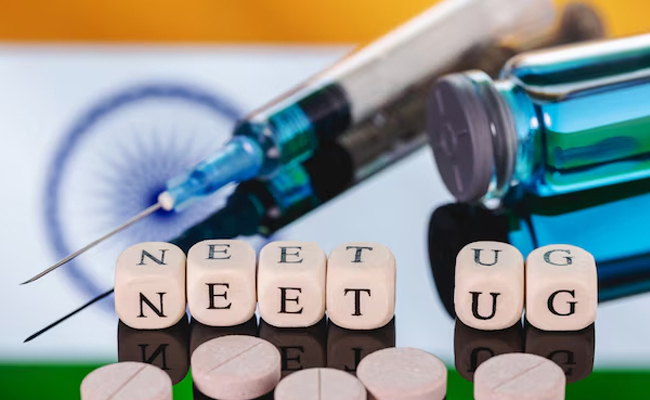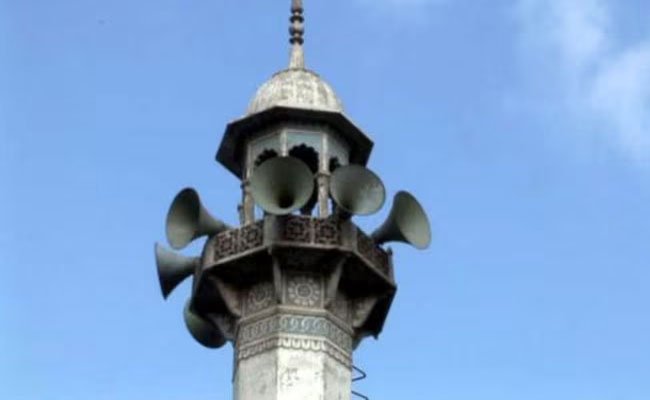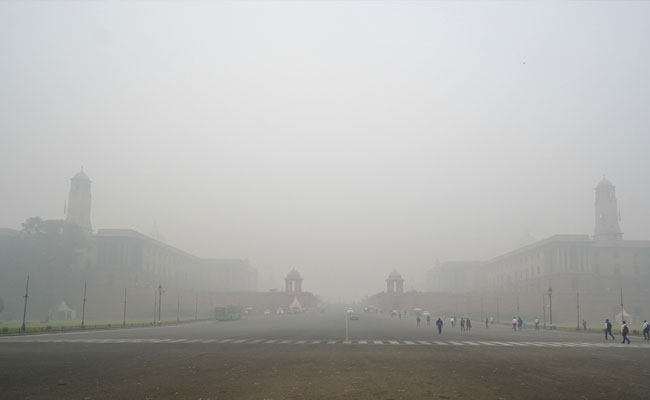New Delhi (PTI): Counselling for NEET-UG, 2024, is expected to start by the end of this month, official sources said.
The counselling session was likely to begin in the first week of July. However, the counselling authorities had not notified any date or schedule.
The sources said the process of issuing permission letters to some medical colleges was still underway and additional seats were likely to be added.
"The date of counselling will be announced once the exercise gets over to ensure seats of the new colleges can be taken up in the first round itself," an official source said.
They said the counselling process might begin later this month.
Amid growing clamour for cancellation of the controversy-ridden National Eligibility cum Entrance Test-Undergraduate (NEET-UG), 2024, over alleged malpractice, the Centre and the National Testing Agency (NTA) told the Supreme Court on Friday that scrapping it without any proof of large-scale breach of confidentiality would be counterproductive as it could "seriously jeopardise" lakhs of honest candidates.
The apex court last month refused to defer the counselling process. It was hearing a petition seeking a direction to pause the process for two days.
The NTA, which conducts NEET-UG for admissions to MBBS, BDS, AYUSH and other related courses, and the Union education ministry have been at the centre of media debates and protests by students and political parties over alleged large-scale malpractice -- ranging from question paper leaks to impersonation -- in the test held on May 5.
In the line of fire over the alleged irregularities in NEET-UG and PhD entrance NET, the Centre removed Subodh Singh as the NTA director general and notified a high-level panel headed by former Indian Space Research Organisation (ISRO) chief R Radhakrishnan to ensure transparent, smooth and fair conduct of examinations through the agency.
While NEET-UG is under the scanner over several irregularities, the University Grants Commission-National Eligibility Test (UGC-NET) was cancelled after the education ministry received inputs that the integrity of the exam was compromised.
Both matters are being probed by the Central Bureau of Investigation (CBI).
Two other exams -- CSIR-UGC NET and NEET-PG -- were cancelled as a preemptive step. Fresh dates for both have been announced.
Let the Truth be known. If you read VB and like VB, please be a VB Supporter and Help us deliver the Truth to one and all.
Jamshedpur (PTI): One person was arrested on the charge of raping a 30-year-old woman with speech impairment in Jamshedpur, a police officer said on Tuesday.
The incident occurred in the Azadnagar police station area of the city, and a case in this regard was registered based on the statement of the victim's brother on Monday.
The victim had gone to fetch water from the premises of a company on Monday evening. When she did not return even after a considerable time, family members went out in search of her and caught the accused red-handed, police said.
ALSO READ: BJP accuses Karnataka govt of 'failing' to prevent noise pollution caused by 'azaan'
The accused was a caretaker of the company.
Deputy Superintendent of Police (Patamda) Bachandeo Kujjur said due to scarcity of water in the area, the victim used to fetch water from the premises of the company.





